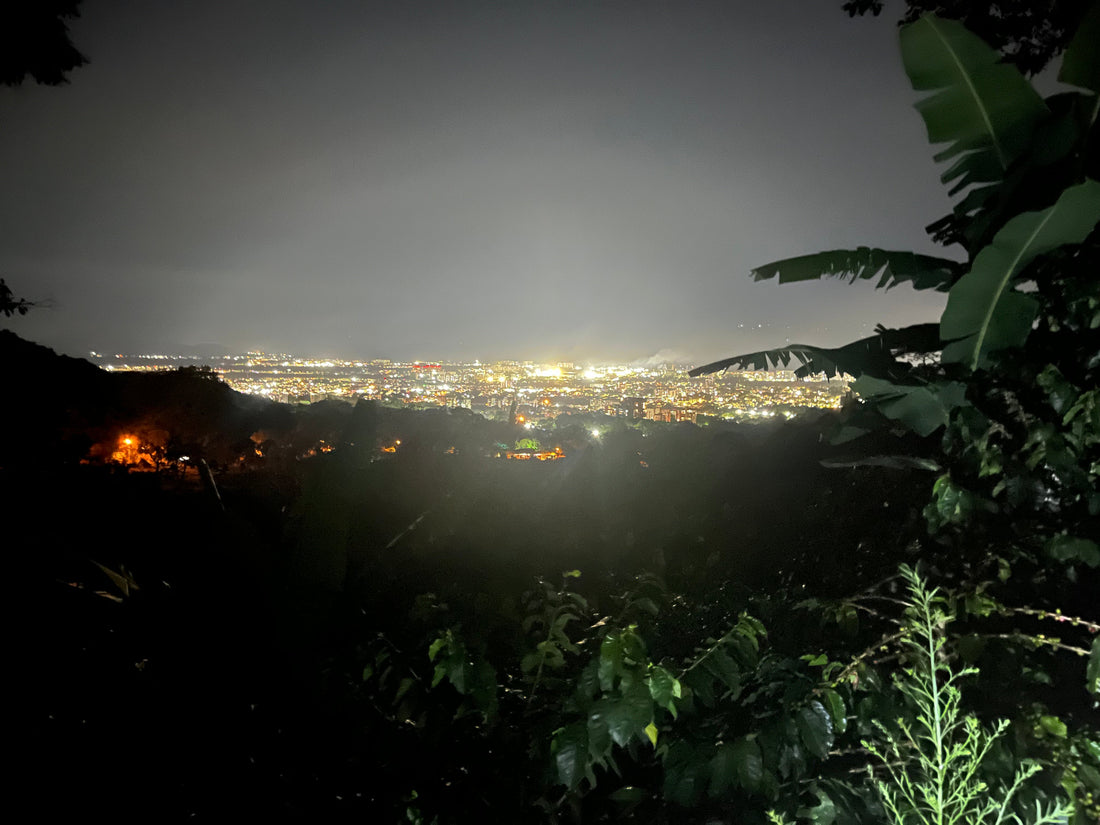
Colombian Coffee - Fun Facts!
Share

Here are some fun facts about Colombian coffee
- Did you know that Colombia is the third-largest coffee producer in the world, trailing only Brazil and Vietnam, but it’s widely regarded as the top producer of high-quality Arabica beans?
- Did you know that Colombian coffee is grown in the “Coffee Triangle” (Eje Cafetero), a UNESCO World Heritage site, which includes the regions of Caldas, Quindío, and Risaralda?
- Did you know that the unique flavor of Colombian coffee comes from its volcanic soil, high altitudes (up to 6,500 feet), and a perfect balance of rainfall and sunshine?
- Did you know that Colombia’s coffee beans are almost exclusively Arabica, known for their smooth, mild taste, unlike the more bitter Robusta variety grown elsewhere?
- Did you know that Colombian coffee farmers often hand-pick their beans, ensuring only the ripest cherries are harvested, which boosts quality?
- Did you know that the fictional character Juan Valdez, created in 1958 by the National Federation of Coffee Growers of Colombia, became a global symbol of Colombian coffee culture?
- Did you know that Colombia produces about 11-12 million 60-kilogram bags of coffee annually, with much of it exported to the U.S., Germany, and Japan?
- Did you know that the coffee plant isn’t native to Colombia—it was brought by Jesuit priests in the 18th century from Venezuela?
- Did you know that Colombian coffee is often labeled “Supremo” or “Excelso,” which refers to bean size, not quality, though larger beans are sometimes prized for their flavor?
- Did you know that the ideal growing conditions in Colombia allow for two harvests a year in some regions, known as the main crop and the “mitaca” or secondary crop?
- Did you know that coffee is so central to Colombian identity that it’s often called “tinto” locally—a term for a small, black coffee served everywhere from homes to street vendors?
- Did you know that the National Coffee Park (Parque del Café) in Montenegro, Colombia, is a theme park dedicated entirely to coffee culture, complete with rides and plantations?
- Did you know that Colombian coffee beans are washed after harvesting, a process that enhances their clean, bright taste compared to “natural” processed beans?
- Did you know that over 500,000 families in Colombia depend on coffee production for their livelihoods, making it a backbone of the rural economy?
- Did you know that in 2011, Colombian coffee was officially recognized as a “100% Colombian” brand, a certification ensuring authenticity and quality worldwide?
Hope these perk up your day!
